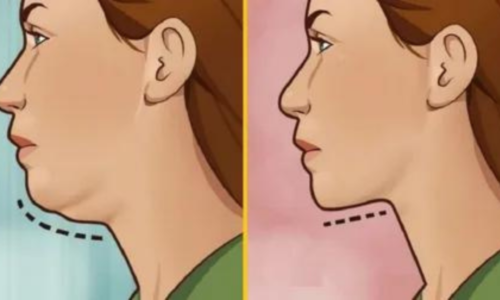
Many women suffer from a condition called PCOS, also known as PCOS, without knowing it. Often, candidates with PCOS suffer from irregular menstruation, increased facial hair, and acne, especially on the chin, lip and sideburns.
This is the result of a hormonal imbalance, and often – but not always – PCOS causes cysts to form directly on the ovaries.
These cysts are not harmful, but they lead to hormonal imbalances that can cause infrequent or prolonged menstrual periods, excessive hair growth, acne and obesity. It is also important to get an early diagnosis of polycystic ovary syndrome so that it does not lead to long-term complications such as type 2 diabetes and heart disease.
What causes PCOS?
Doctors don’t know exactly what causes polycystic ovary syndrome, but there are some theories about some of the risk factors:
Excess insulin: Too much insulin may affect the ovaries by increasing the production of androgens (male hormones), which may eventually interfere with the ovaries’ ability to ovulate properly.
Low-grade inflammation: Studies have shown that women with PCOS also have low-grade inflammation, which causes the ovaries to produce androgens.
Heredity:
PCOS can run in families, so if your mother or sister has it, you have a higher chance of getting it too.
symptoms?
Signs and symptoms of PCOS begin soon after a woman’s menstrual cycle begins, but PCOS can also develop during the later reproductive years. There are many signs to look for; However, individuals may be affected differently, and symptoms worsen with obesity.
The Mayo Clinic and WebMD say you should look out for the following symptoms:
1_ irregular menstruation
This is one of the most common signs of PCOS. Some examples include cycles of 35 days or longer, fewer than eight periods per year, long or heavy periods, and menstrual failure for four months or more.
2_ Increase facial and body hair

Leave a Reply